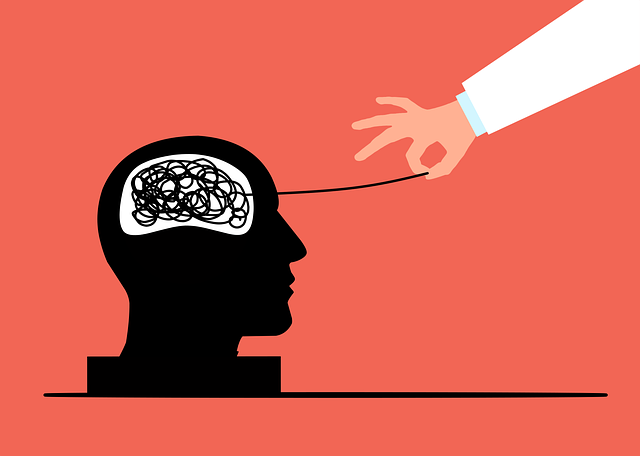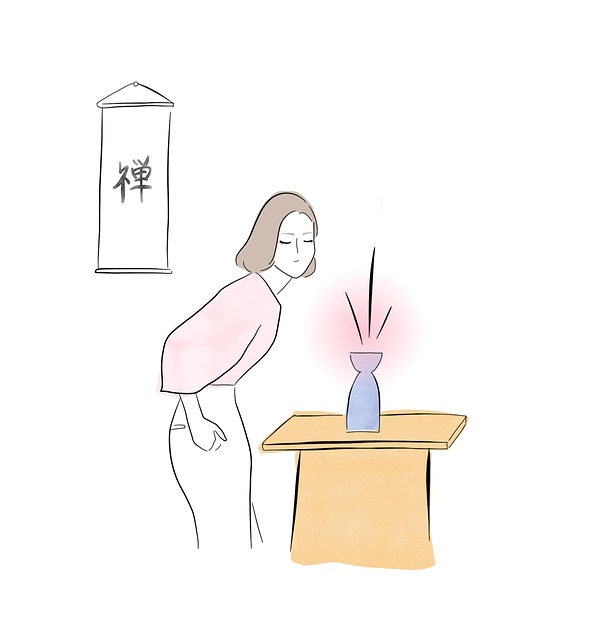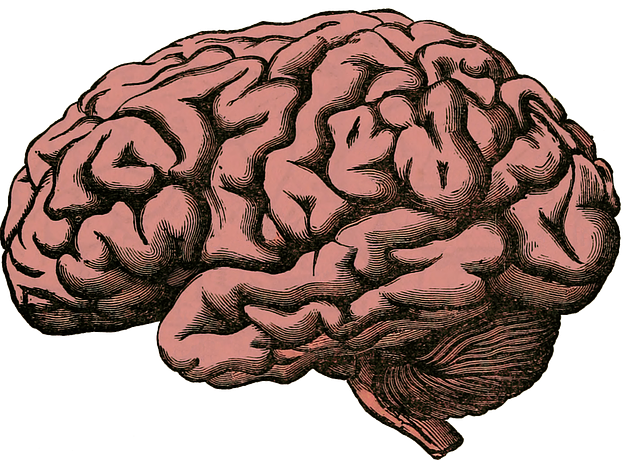Aurora Chronic Pain Therapy offers a holistic approach to managing chronic pain by addressing both physical and mental aspects. Recognizing the link between stress and chronic pain, the program combines mindfulness, relaxation exercises, cognitive behavioral therapy, and trauma support tailored to individual needs. Social skills training and healthcare provider cultural competency empower patients with tools for navigating their pain journey resiliently. Complementary techniques like meditation, yoga, and breathing exercises emphasize the mind-body connection, fostering relaxation and self-awareness. By integrating diverse tools into daily routines, Aurora Chronic Pain Therapy enables individuals to build mental resilience, transform stress responses, and achieve better mental health outcomes.
Stress reduction is a vital aspect of maintaining good mental health. In this article, we explore various methods to alleviate stress and chronic pain, delving into their intricate relationship. From understanding the complexities of chronic pain to discovering innovative solutions like Aurora Chronic Pain Therapy, we offer a comprehensive guide. Learn about lifestyle adjustments, complementary techniques, and building resilience for long-term stress relief. Discover effective strategies to navigate life’s challenges with enhanced well-being.
- Understanding Chronic Pain and Stress: A Complex Relationship
- Aurora Chronic Pain Therapy: An Innovative Approach to Stress Reduction
- Lifestyle Adjustments for Better Mental Well-being
- Complementary Techniques: Exploring Alternative Stress Management Methods
- Building Resilience: Strategies for Long-term Stress Relief
Understanding Chronic Pain and Stress: A Complex Relationship

Chronic pain and stress are deeply interconnected, creating a complex web that can significantly impact an individual’s overall well-being. Aurora Chronic Pain Therapy recognizes this intricate relationship and offers specialized treatments to address both conditions holistically. Prolonged stress can exacerbate chronic pain, leading to a vicious cycle where emotional distress intensifies physical discomfort. Conversely, managing stress through effective reduction methods can provide much-needed relief from painful symptoms.
Understanding this dynamic is crucial in implementing successful burnout prevention strategies. By integrating emotional well-being promotion techniques into their routines, individuals can break free from the cycle. This involves adopting sustainable stress reduction methods tailored to their unique needs, enabling them to take control of both their mental and physical health.
Aurora Chronic Pain Therapy: An Innovative Approach to Stress Reduction

Aurora Chronic Pain Therapy offers a unique and innovative approach to stress reduction for individuals dealing with chronic pain. Unlike traditional methods that often focus on symptom management, this therapy takes a holistic perspective, addressing both the physical and mental aspects of pain. By incorporating techniques such as mindfulness, relaxation exercises, and cognitive behavioral therapy, Aurora Chronic Pain Therapy helps patients develop effective coping strategies to manage their stress levels. These evidence-based practices not only alleviate symptoms but also enhance overall well-being and quality of life.
One of the key benefits of this approach is its ability to provide trauma support services tailored to each patient’s needs. Many individuals with chronic pain have experienced past traumas, which can exacerbate their response to pain. Social skills training and healthcare provider cultural competency training are also integral parts of this holistic care model. Through these comprehensive services, patients gain the necessary tools and resources to navigate their pain journey with resilience, fostering a sense of control and empowerment.
Lifestyle Adjustments for Better Mental Well-being

Maintaining mental wellness is a crucial aspect of stress reduction, and lifestyle adjustments play a significant role in achieving this balance. Simple yet powerful changes can make a world of difference in managing stress levels and improving overall well-being. For instance, incorporating regular physical activity into one’s routine has been shown to reduce anxiety and depression while enhancing mood and sleep quality. This could be as simple as taking a brisk walk each day or engaging in activities like yoga, which combines movement with mindfulness, offering both mental and physical benefits.
Additionally, fostering strong social connections and engaging in meaningful conversations can serve as effective burnout prevention strategies for healthcare providers. Building a support network through friends, family, or even professional groups can provide an outlet for sharing experiences and emotions, reducing feelings of isolation. Social skills training can also help individuals navigate relationships more effectively, promoting positive interactions and a sense of belonging. These social connections and improved communication skills are essential components of holistic Aurora chronic pain therapy, contributing to overall mental wellness.
Complementary Techniques: Exploring Alternative Stress Management Methods

In addition to conventional stress reduction methods, exploring complementary techniques can offer a holistic approach to managing stress and improving overall well-being. Alternative stress management methods like Aurora Chronic Pain Therapy have gained popularity for their unique benefits. These therapeutic practices often focus on mind-body connection, promoting relaxation and self-awareness through techniques such as meditation, yoga, and deep breathing exercises. By integrating these complementary strategies into daily routines, individuals can effectively reduce stress levels and enhance mental resilience.
For instance, empathy building strategies have proven effective in fostering supportive environments that combat burnout prevention strategies for healthcare providers. Mental health education programs design plays a crucial role in equipping people with the knowledge to recognize and manage their stress responses. By combining these diverse yet powerful tools, individuals can create a personalized toolkit for navigating life’s challenges, ensuring better mental health outcomes.
Building Resilience: Strategies for Long-term Stress Relief

Building resilience is a key strategy for achieving long-term stress relief, especially for those managing conditions like chronic pain. Aurora Chronic Pain Therapy offers valuable insights into cultivating mental fortitude to better navigate life’s challenges. By fostering positive thinking and adopting effective stress management techniques, individuals can transform their relationship with stress, reducing its impact on overall well-being.
Mental illness stigma reduction efforts play a significant role in encouraging people to seek help. Through therapy and support, one can develop coping mechanisms that promote mental clarity and emotional balance. These strategies not only enhance resilience but also empower individuals to lead more fulfilling lives despite facing chronic pain or stress-related issues.
In navigating the intricate relationship between chronic pain and stress, it’s evident that a multi-faceted approach is essential. The article has explored various strategies for stress reduction, from understanding the complex dynamics of chronic pain to adopting innovative therapies like Aurora Chronic Pain Therapy. By incorporating lifestyle adjustments, exploring complementary techniques, and building resilience, individuals can achieve long-term stress relief and improve their overall mental well-being. Specifically, Aurora Chronic Pain Therapy stands out as a game-changer, offering an innovative approach that holds promise for many seeking effective stress management.










